More the Merrier, The (1943)
“These days, Miss Milligan, everybody’s business is everyone’s business.”
|
Synopsis: |
|
Genres, Themes, Actors, and Directors:
Response to Peary’s Review: In his Alternate Oscars book, where he names Arthur Best Actress of the Year for her role as Constance Milligan, Peary elaborates on her impressive acting chops and delightful screen presence. He writes that she’s “thoroughly charming as a kind, unaggressive — she fights for herself, but doesn’t have the heart for it — underdog who is trapped in a dull life until two men magically appear”. He writes that “funny as she is” — she shows her skills as an exceptionally adroit slapstick comedienne — “what is most memorable about [her] characterization is how sexual it is.” Indeed, she shifts from a classically repressed “spinster” (engaged in name only) to a remarkably sensual creature, “quite physical [with McCrea] as they stroll and spin down the street” after a night out. She’s really a pleasure to behold, and we take delight in her complete transformation. Finally, it’s impossible to discuss The More the Merrier without referencing its very specific historical context: during World War II, the housing shortage was so severe that many people felt it was their patriotic duty to take in boarders (an issue only very briefly mentioned here in Wikipedia’s article about life on the American homefront during WWII). Meanwhile, there were apparently eight women for every available man (!), and fuel shortages necessitated waiting for a “full load” before taxis could take off. Despite the obvious challenges of the situation, there’s nonetheless vicarious enjoyment to be had in glimpsing this unique era in American history, one most film fanatics have likely never experienced. To that end, while clearly presenting circumstances from a satirically over-the-top and humorously sanitized perspective, the film remains an interesting sociological time-capsule as well as a fun comedy. Redeeming Qualities and Moments:
Must See? Categories
Links: |
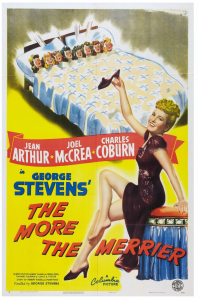
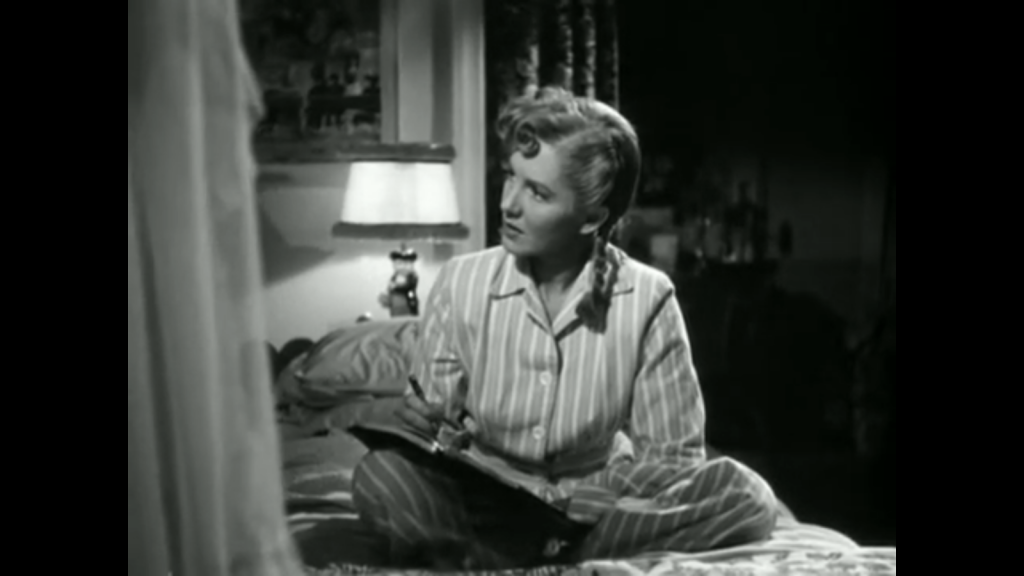
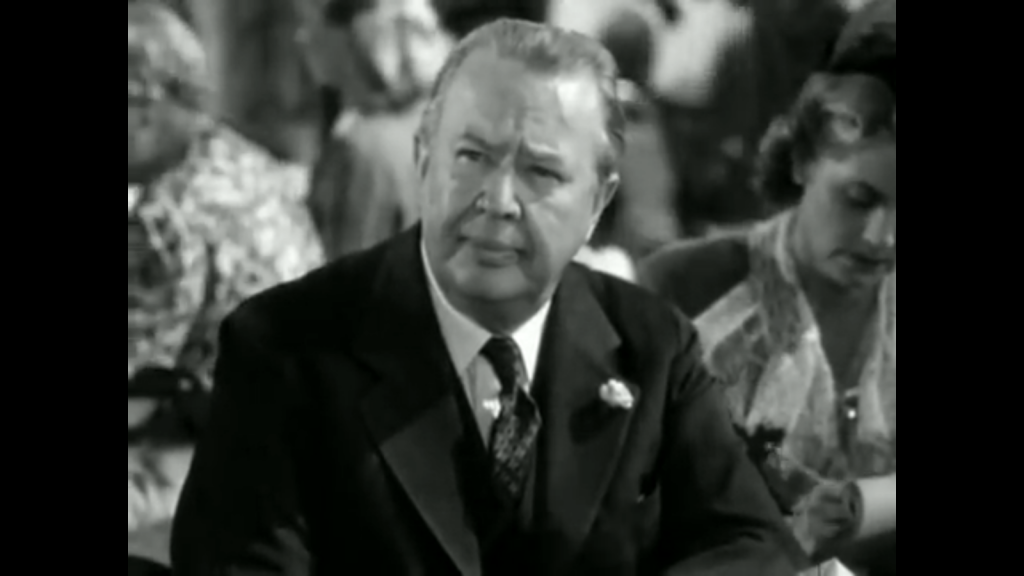
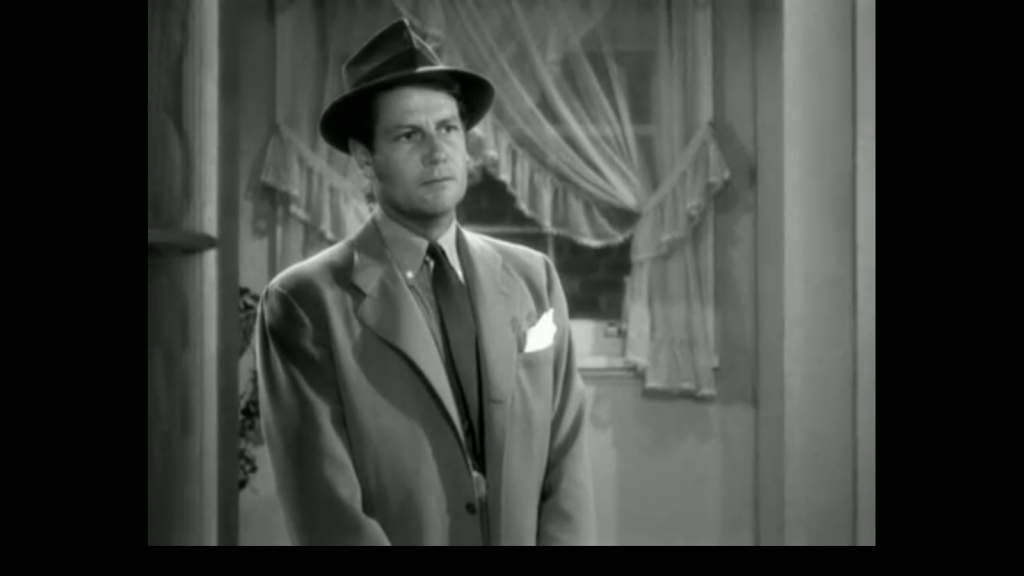
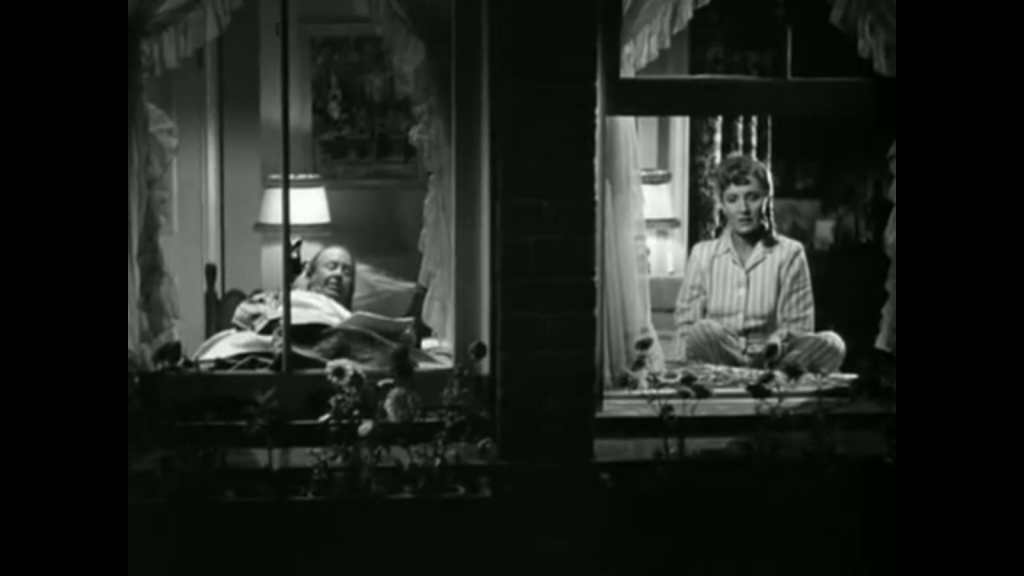
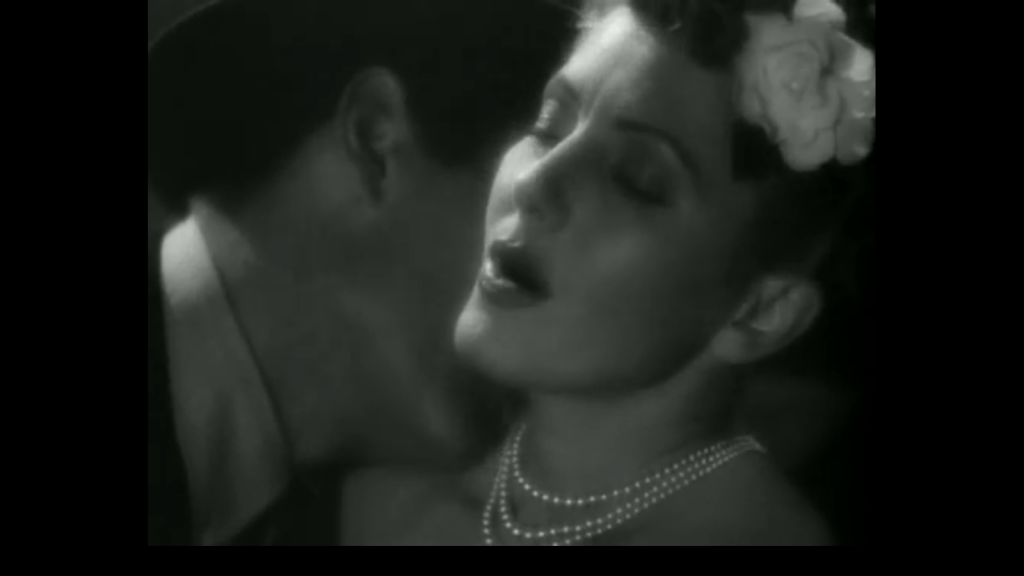
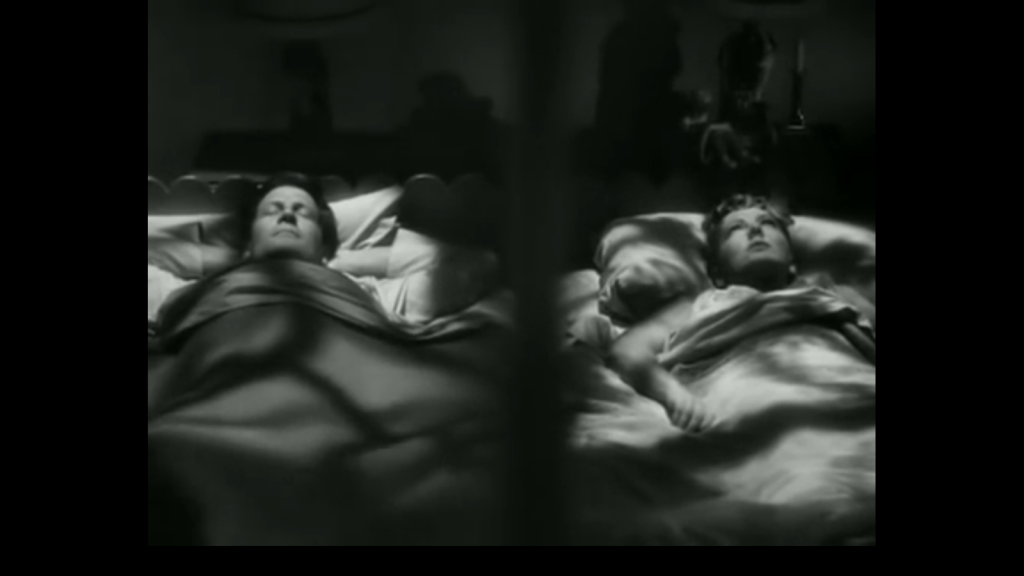
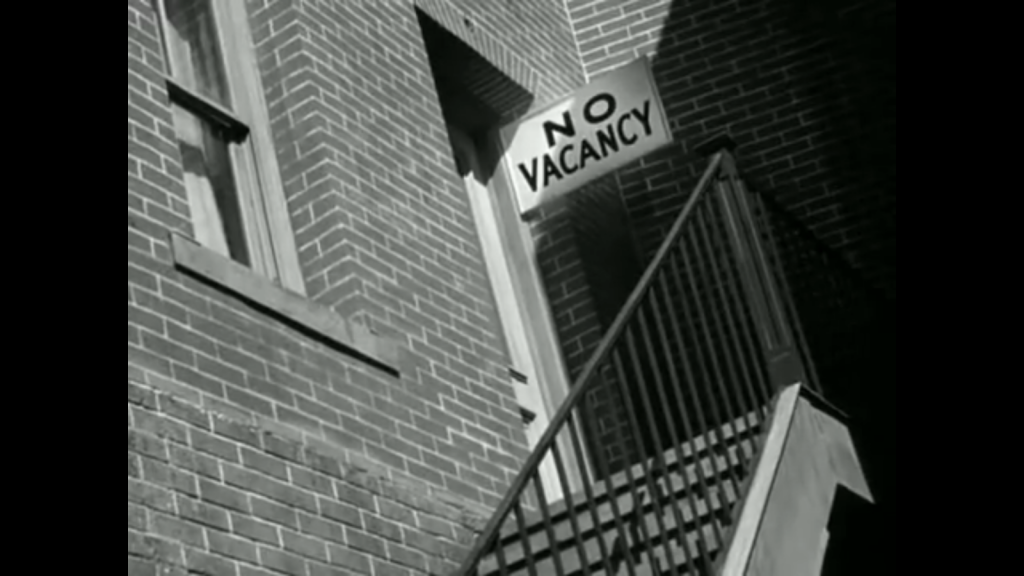
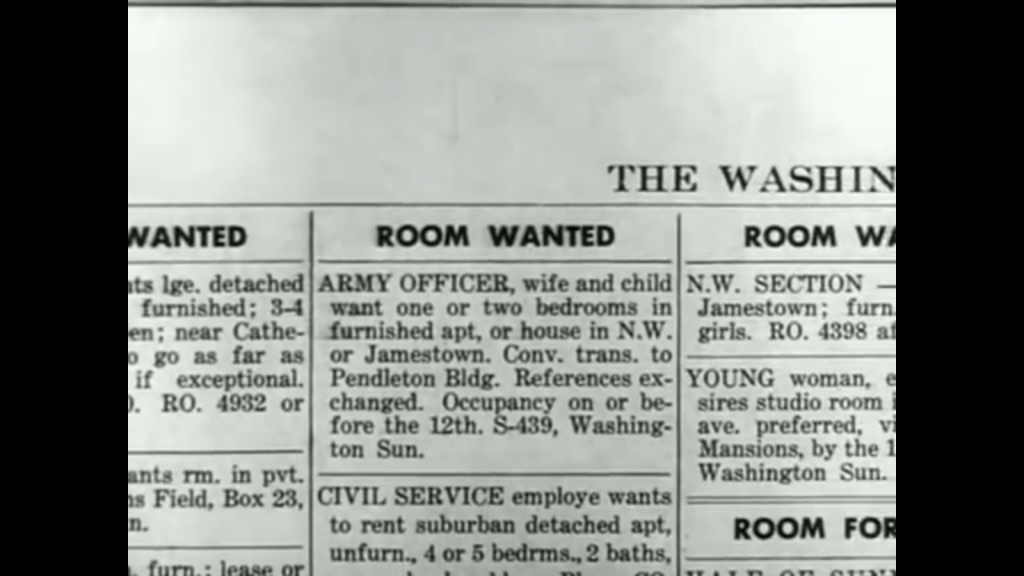
2 thoughts on “More the Merrier, The (1943)”
Not must-see.
Yet another one of director Stevens’ unfunny comedies – the praise in the assessment is baffling. Five people are credited with the screenplay and it is still rather lifeless – very puzzling (considering the potent premise). The best that can be said is that, ultimately, it’s marginally successful.
Aside from the early scene in which Coburn and Arthur – well, ‘meet cute’, as it were (it’s very sharp, clever dialogue there), the only major scenes that really work come late: when McCrea finally gets a chance to seduce Arthur on the steps to her front door – and then when he proposes.
The trio of Coburn / Arthur / McCrea is, indeed, inspired casting – but they are more engaging than this script. Stevens doesn’t help when (as some directors often do) he compensates weak material by adding on unnecessary ‘business’. Humor that follows logically from character is well-earned but it’s forced when it runs against a character’s intelligence: i.e., Coburn is standing near a front door – when he hears the doorbell ringing, he imagines the sound is coming from an alarm clock he’s holding (he’s an intelligent man and would not make that mistake); when Arthur is in the bathroom and suddenly sees a locked-out Coburn at the bathroom window, she screams at the top of her lungs (a scantily-dressed woman might do that – but not one who is completely clothed and who immediately recognizes the person at the window).
Stevens is fond of people screaming inappropriately at the top of their lungs: at one point, McCrea tells a young man in Arthur’s building that he is Japanese – inexplicably, the young man screams at the top of his lungs.
Very occasionally, there is a bit of unexpected humor that works: when McCrea passes a line of working women who are punching out their time cards, all the women whistle (the table-turning joke is funny). As well, there are some wonderful pieces of dialogue peppered throughout (i.e., “World conditions *are* so unsettled, Miss Milligan, because people won’t settle on things.” …So true.)
Granted, the complications of the plot are handled relatively nicely by film’s end, but it’s all too little too late. This is one over-cooked flick, when a smarter one would have worked so well.
The first three-quarters are very enjoyable with some great dialogue and romantic scenes. My favourite is when Joel McCrea and Jean Arthur are going through the contents together of the travelling case he has gifted her. Another is when they both sit outside her apartment and she is all rosy cheeks whilst he is tenderly kissing her.
The first 10 minutes are an absolute hoot especially the way Charles Coburn gets the apartment is hilarious. It’s a trick everybody should try out when applying for an oversubscribed room to rent. In my opinion Coburn makes the movie really worthwhile and he seems a lot more active then in his usual roles.
Alas it all falls apart in the last part when it seems that Jean Arthur is crying through every scene and her whining just doesn’t make any sense. It contradicts all the tender scenes before and now for some reason she’s only thinking of her reputation.
Still worthwhile for the war context and certainly better than its remake Walk don’t Run with Cary Grant.